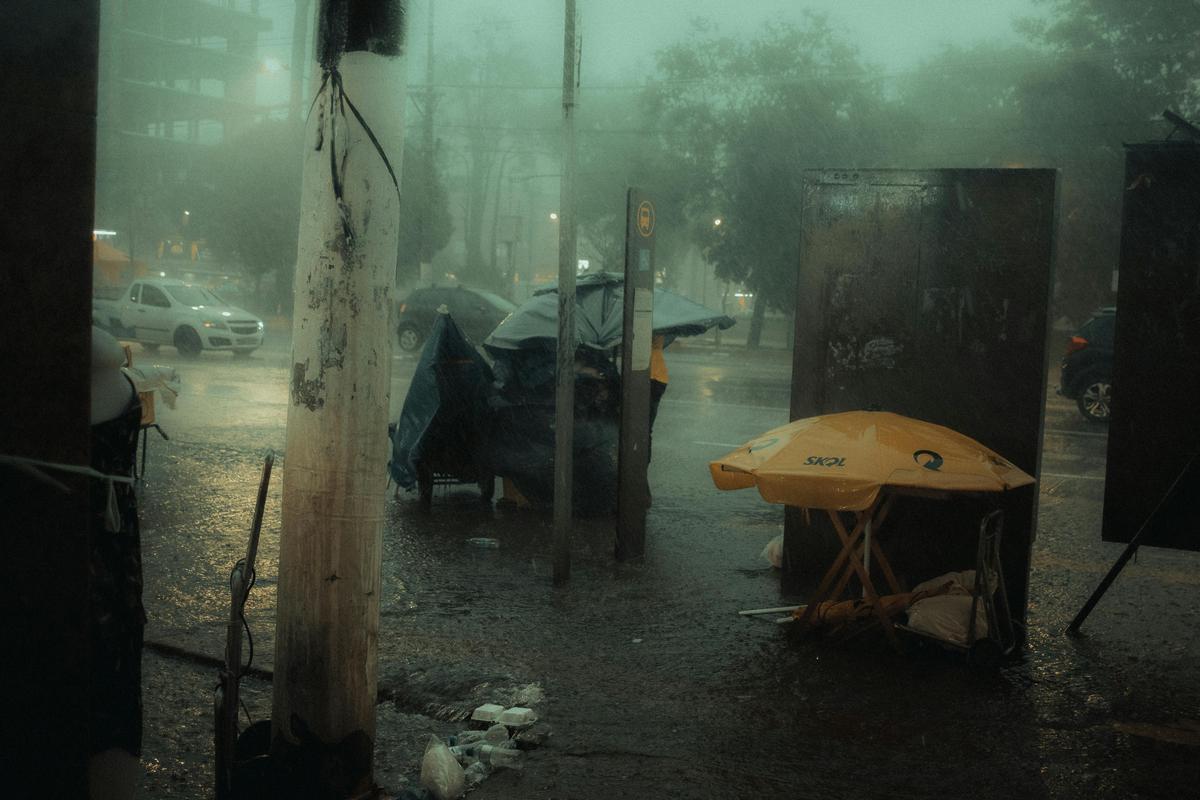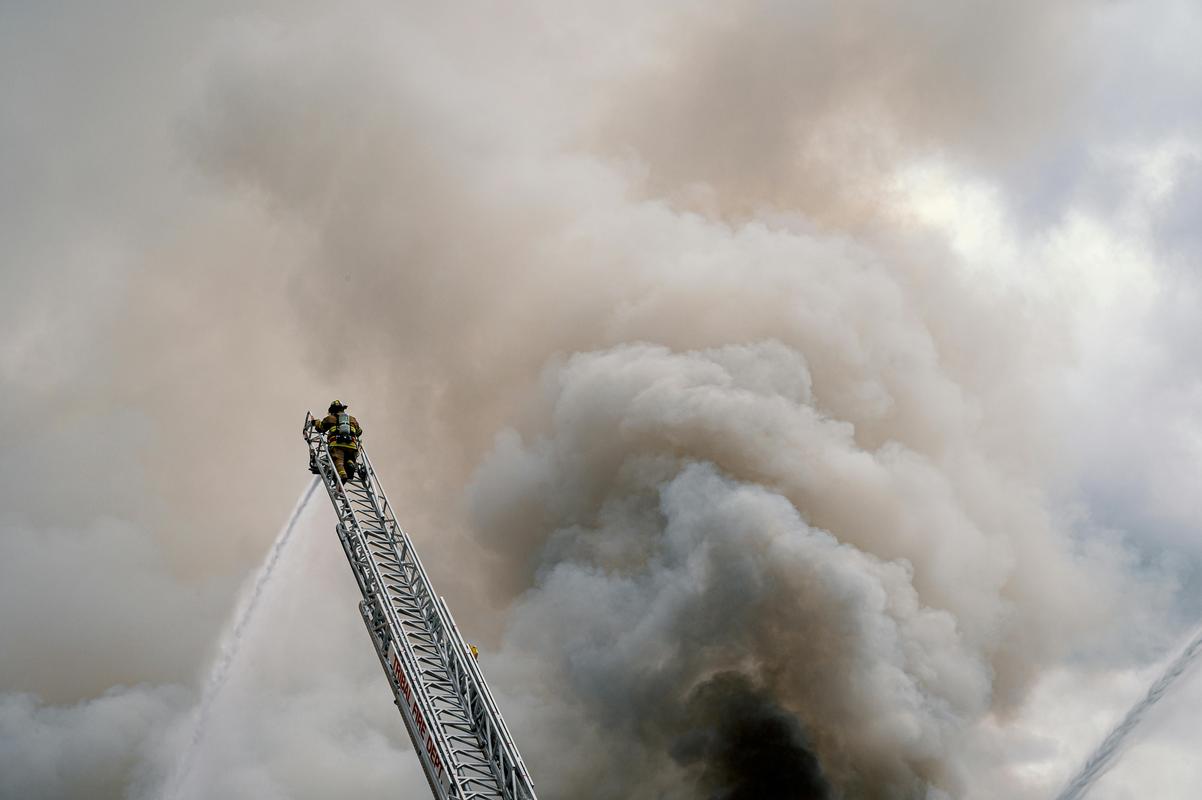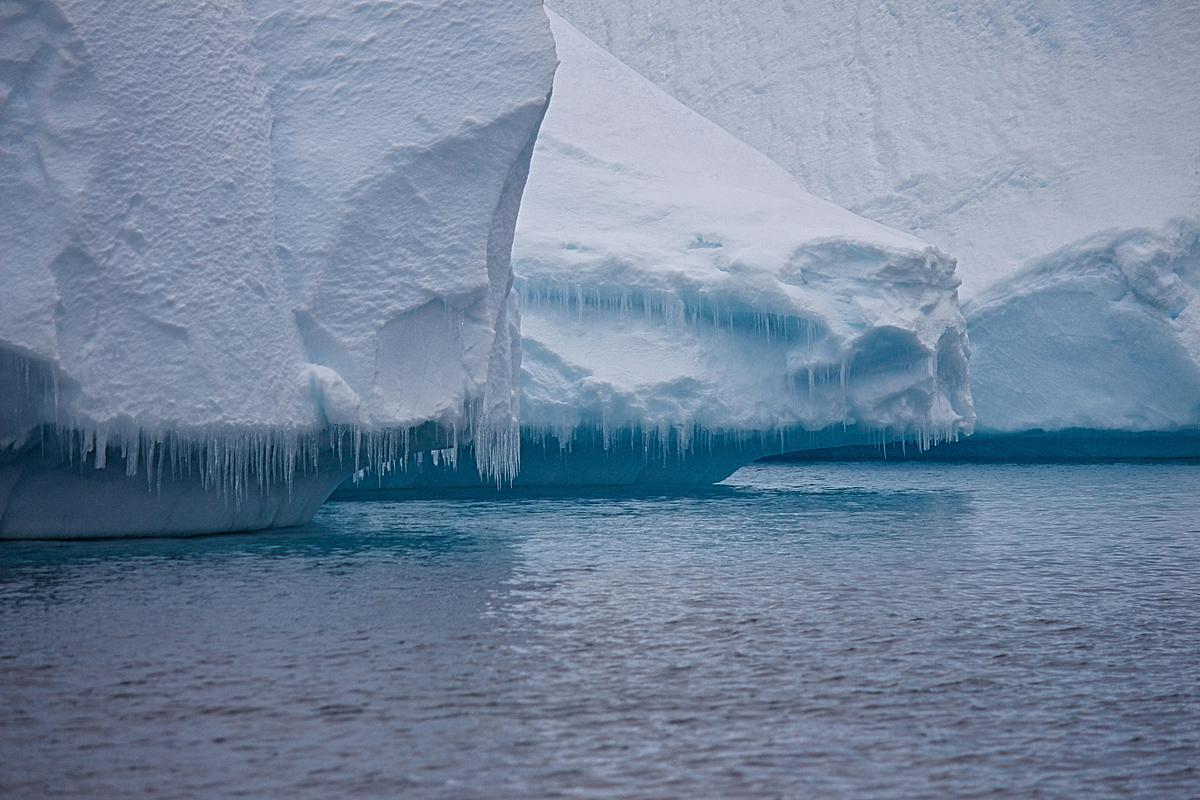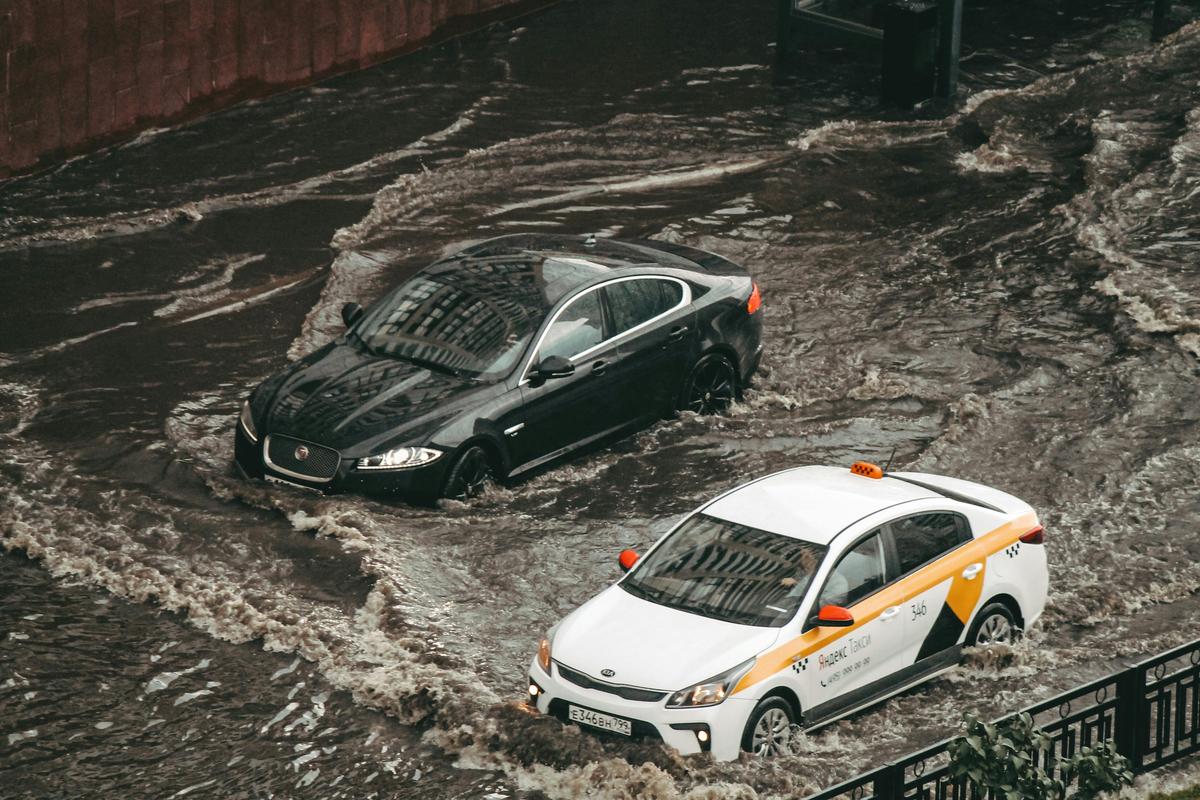The Final Verdict on Global Warming: Understanding the Conclusion
The evidence is clear: global warming is a reality, and human activities are the main cause. NASA’s data shows that 2023 was the hottest year on record, continuing a troubling trend of rising temperatures. This isn’t some far-off, what-if scenario - the impacts of climate change are already being felt worldwide, as the latest IPCC report highlights.
Adaptation measures can help us bounce back, but some effects are now so severe they can’t be fixed. We urgently need big changes across the board to ensure a net-zero, climate-resilient future. Fossil fuels, the main culprit, need to be phased out quickly, while carbon removal technologies are key to keeping temperature rise in check.
Most importantly, this shift must be fair and just, making sure climate action doesn’t make existing inequalities worse. More climate funding for both prevention and adaptation is crucial, as is empowering vulnerable communities to lead the charge.
The road ahead is tough, but the science is clear. Global warming isn’t some far-off threat - it’s a reality we need to face head-on. By listening to the warnings and taking bold action, we can still avoid the worst outcomes and create a more sustainable, resilient future for everyone. The final verdict is in: the time to act is now. 1 2
 Photo by Thgusstavo Santana on Pexels
Photo by Thgusstavo Santana on Pexels
Scientific Consensus: The Conclusion on Global Warming
Surveys have consistently shown that over 90% of climate scientists agree that climate change is real and mainly caused by humans. A study in 2013 looked at over 10,000 scientific papers and found that more than 97% of climate experts support the idea that global warming is due to human activities. This agreement has been backed up by many scientific organizations and academies around the world.
The data shows a clear picture. Levels of carbon dioxide, methane, and nitrous oxide in the atmosphere are now the highest they’ve been in at least the past 800,000 years. The last decade has been the warmest on record, with global temperatures 1.1°C (2.0°F) higher than in the late 19th century. This rapid warming is like nothing seen in the past 2,000 years, if not longer.
Extreme weather events will keep getting worse unless we quickly reduce greenhouse gas emissions to stop further warming.
The effects of this human-caused climate change are already being felt worldwide. Rainfall patterns are changing, leading to more frequent and severe floods. Sea levels have gone up by 20-25 cm (8-10 in) since 1900, with half of that increase happening since 1980. Extreme weather events, from heatwaves to hurricanes, are becoming more severe, more frequent, and more likely to happen at the same time.
The scientific agreement is clear: global warming is real, it’s caused by human activities, and the consequences will keep getting worse unless we take immediate and strong action to reduce greenhouse gas emissions. The time to act is now, for the sake of our planet and future generations. 3 4
Global Warming Conclusion: What the Data Tells Us
The evidence is clear - global warming is no longer a distant threat, but a harsh reality unfolding before our eyes. The data paints a sobering picture of a planet in crisis, with the effects of climate change already manifesting in tangible and alarming ways.
Temperatures have risen by nearly 2°F (1.1°C) since the late 19th century, a change driven primarily by human-induced greenhouse gas emissions. This warming has had a cascading impact on our environment, with the oceans absorbing much of the excess heat and sea levels rising by a staggering 8 inches (20 cm) in the last century. The accelerating rate of sea level rise, now nearly double that of the previous century, poses a grave threat to coastal communities worldwide.
The frozen regions of our planet, known as the cryosphere, are also in a state of rapid decline. Greenland and Antarctica are losing an average of 427 billion tons of ice per year, while glaciers are retreating at an alarming pace across the globe, from the Alps to the Himalayas. The reduction in spring snow cover in the Northern Hemisphere further exacerbates the problem, as less reflective surface area leads to increased absorption of solar radiation and further warming.
- Global climate change is already having widespread effects on the environment, with more intense hurricanes, droughts, heat waves, and wildfires becoming the new normal.
- The Arctic is on the brink of becoming ice-free in late summer, a milestone that could occur before mid-century if current projections hold true.
- The scientific evidence is clear: climate change poses a serious threat to human wellbeing and the health of our planet, and any further delay in concerted global action will waste the rapidly closing window to secure a livable future.
The data is clear, the time for action is now. We must heed the warnings and take bold steps to mitigate the devastating consequences of global warming before it’s too late. 5 6
The Impact of Global Warming: A Conclusive Overview
The evidence is clear: global warming is a pressing reality that demands our immediate attention. As the Earth’s temperature continues to rise, the consequences are becoming increasingly severe and undeniable.
Recent data paints a sobering picture. The past eight years have been the warmest on record, with the global average temperature rising by around 1°C since the Industrial Revolution. At this rate, we’re on track to exceed the 1.5°C threshold that scientists have identified as a critical tipping point. The implications are staggering - from widespread water scarcity affecting billions to a dramatic increase in extreme weather events that could devastate communities worldwide.
Yet, amidst this bleak outlook, there are glimmers of hope. The cost of renewable energy has plummeted in recent years, making it an increasingly viable alternative to fossil fuels. Global investment in climate finance, though still falling short, is on the rise. And the IPCC’s latest assessment suggests that even if we fail to take significant further action, it’s unlikely we’ll reach the most catastrophic levels of warming.
The choice before us is clear. We can continue down a path of inaction and watch as the world we know is irrevocably transformed. Or we can rise to the challenge, harnessing the power of innovation and collective will to forge a more sustainable future. The stakes have never been higher, but neither has the potential for meaningful change. 7 8
References
-
“2023 Ipcc Ar6 Synthesis Report Climate Change Findings” - www.wri.org ↩
-
“Scientific Consensus On Climate Change” - en.wikipedia.org ↩
-
“Global Warming Happening And Humans Are Primary Cause” - www.ucsusa.org ↩

 Photo by
Photo by  Photo by
Photo by